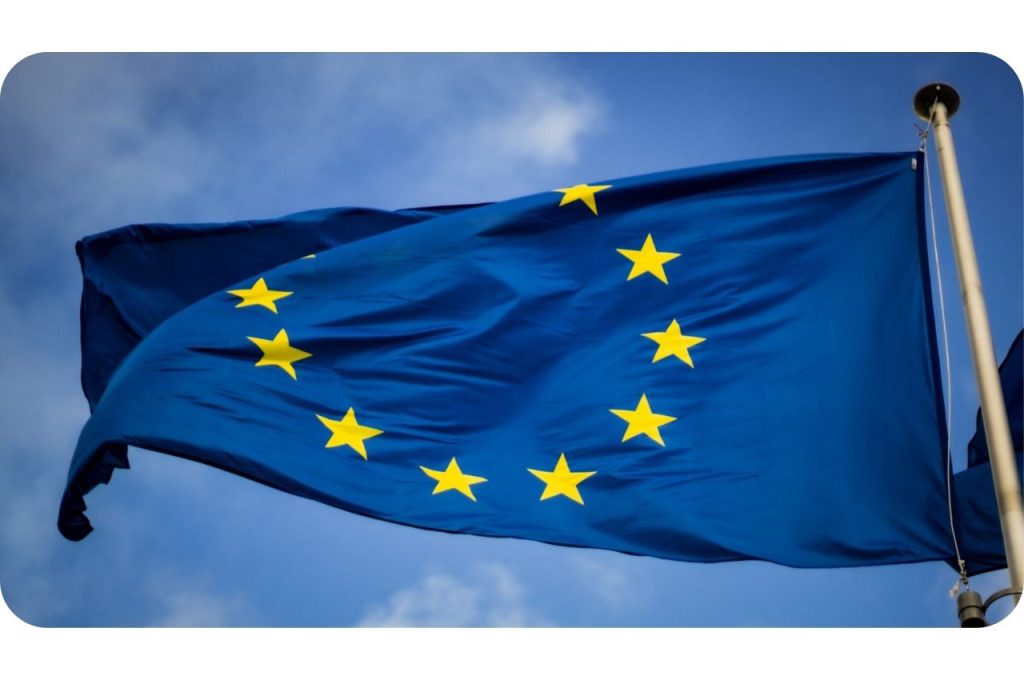
Russia has demonstrated its ability to engage in direct cyber-attacks against governments in the past. In 2015, Russian hackers breached the Ukrainian power grid, resulting in nationwide outages. In 2017, hacking and installation of malware on Ukraine’s accounting software resulted in widespread interference, causing global disruption to the economic sector.
On the 14th of February, cyber-attacks to take down multiple Ukrainian government networks impacted around 70 websites, including the ministry of foreign affairs, the security and defence council and the cabinet of ministers. On the 15th of February, further damage was inflicted by disabling Ukraine’s government and banking services.
There have been speculations about the UK and other countries also being the target of Russian hacking groups. A combined effort has been made by the UK and US intelligence agencies to publish a cyber report on Russia’s forms of hacking as a threat to countries allying with Ukraine.
How could this impact media agencies?
The National Cyber Security Centre (NCSC) has urged UK organisations to ‘bolster their online defence to protect themselves from potential cyber-attacks. As a media agency, it is important that we follow precautions to also protect ourselves.
How to stay protected as a business and individual
Here are a few tips to bolster cyber protection as an organisation:
- Hackers can impact security systems using phishing schemes and links leading to malware disruption. It is important to be cautious when opening links from unknown sources or accounts. These schemes can be transmitted through emails or texts in attempts to steal sensitive data or install malware.
- Another form of protection is to update account passwords. The use of longer, complex passwords will enable an extra layer of security. This will further prevent hacking attempts.
- The use of two-factor authentication is another option, adding another layer of security.
FEATURED READS





